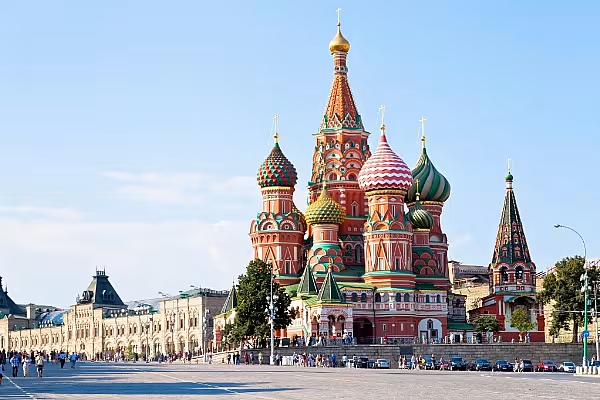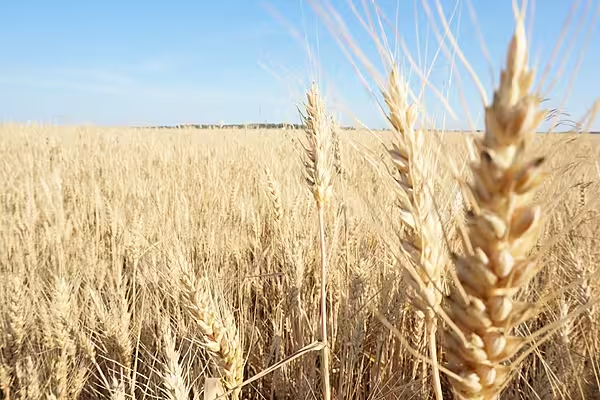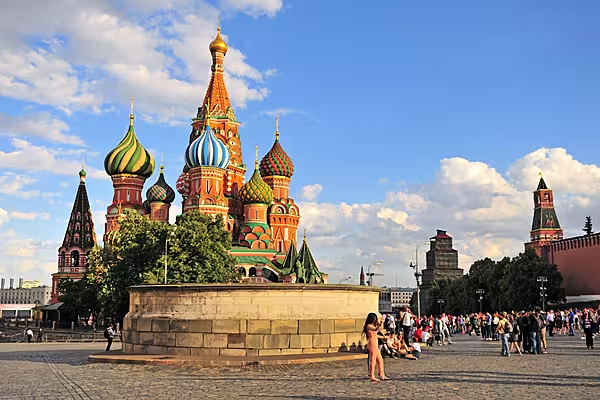Russia's retail sales rose more than expected in March spurred by panic buying ahead of the lockdown to stem the coronavirus outbreak and as the rouble's plunge boosted demand for imported goods before shelf prices increased, data has revealed.
Economic data on the state of Russia's economic health is in focus after the central bank last week predicted an up to 6% contraction in gross domestic product in 2020, while slashing the key rate by 50 basis points to 5.5%.
Retail sales, the gauge for consumer demand, Russia's key economic growth driver, rose 5.6% in year-on-year terms in March, above a 2.6% increase predicted in a Reuters poll of economists, the federal statistics service Rosstat said.
'Feverish Demand'
The retail turnover was driven by 'feverish demand for food and staple goods', Rosstat said, reporting a 10.2% month-on-month jump in retail sales for March.
People in Russia, as in many other countries, rushed to stock up with food and essential goods, such as toilet paper, amid the rising number of coronavirus cases and fears of a lockdown that, in the end, was imposed in Russia in late March - later than in many other countries.
Retail sales of non-food items, particularly imported goods, rose in March amid "the increase in the exchange rate of foreign currencies", Rosstat said.
The rouble plunged to four-year lows in March as the price of oil, Russia's key export, crashed. Such swings in the rouble usually boost demand for durable goods, such as cars, computers and white goods, before their sellers revise price tags.
Impact Of Coronavirus
"The latest activity data suggest that the coronavirus outbreak and measures to slow its spread did not have a significant effect on the Russian economy in March," Capital Economics research firm said in a note.
"Activity figures for April will be a lot worse as lockdown measures bite," it said, citing reports that travel, recreation and electricity consumption have plunged since the end of March.
On 27 April, Russia surpassed mainland China in terms of its number of confirmed coronavirus cases, with a national tally exceeding 87,000.
The Rosstat data also showed that real wages in Russia, which are adjusted for inflation, rose 5.7% in year-on-year terms in February, before the economy took a double-hit from low oil prices and the coronavirus.














